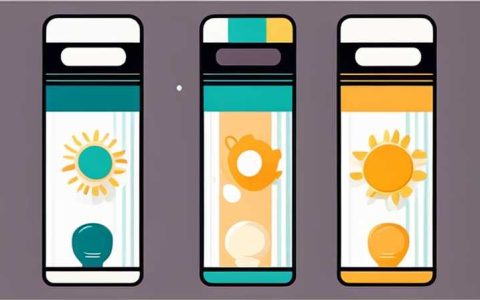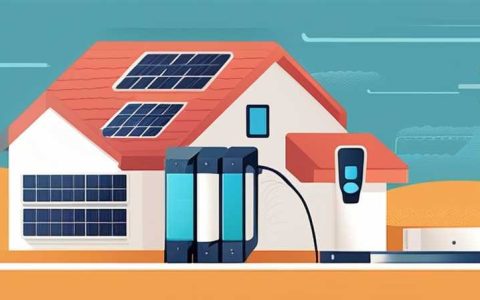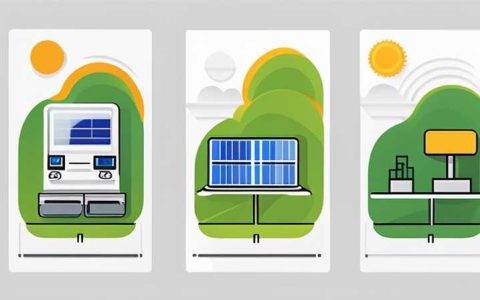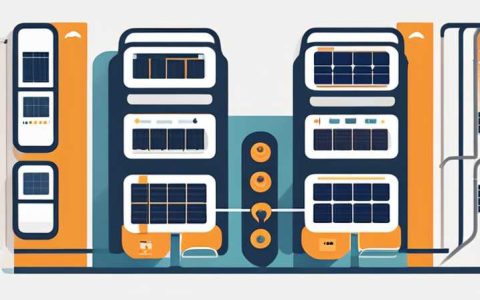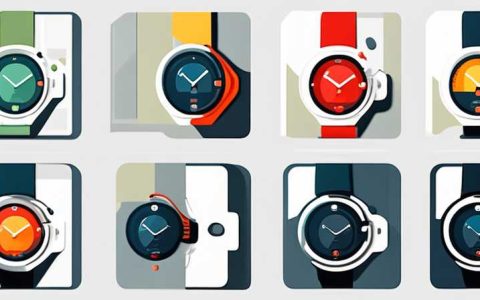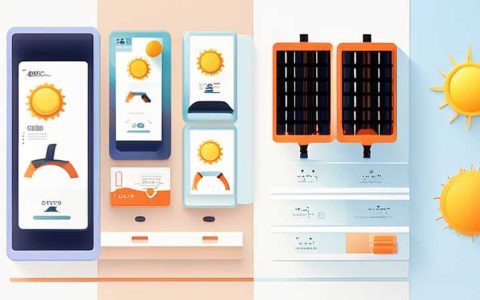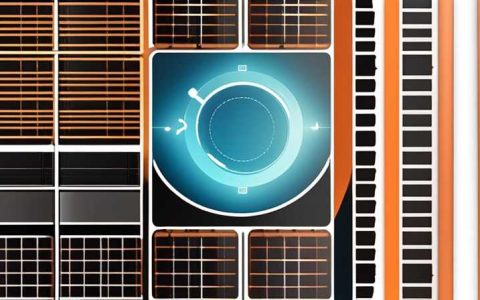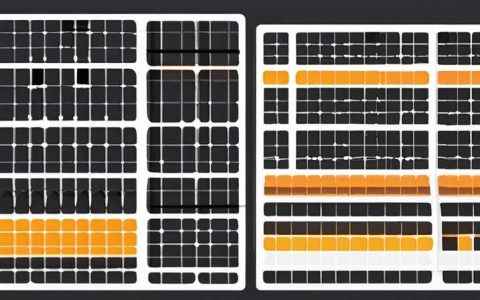
To determine whether a solar ball valve is of high quality or not, several critical factors must be considered. 1. Material composition, 2. Operational consistency, 3. Manufacturer reputation, 4. Warranty and after-sales support. In terms of material, a good valve often utilizes durable substances resistant to weather conditions and UV rays. Operational consistency involves assessing the valve’s responsiveness to solar energy; it should open and close smoothly without excessive resistance or delay. Manufacturer reputation plays a significant role; established brands with positive reviews are typically more reliable. Lastly, robust warranty terms and comprehensive after-sales support indicate confidence in product quality.
1. MATERIAL COMPOSITION
The foundation of any valve’s performance lies significantly in its material composition. High-quality solar ball valves are typically constructed from resilient materials including PVC, CPVC, or sometimes stainless steel. Quality plastic variants are preferred for their lightweight nature, excellent resistance to corrosion, and capability to endure UV damage. In contrast, inferior options may contain low-grade materials that degrade rapidly, affecting functionality over time. The use of nylon or reinforced ABS can enhance performance and longevity, ensuring the valve withstands harsh environmental conditions.
Another vital aspect of material selection is temperature tolerance. A premium valve will maintain its operational integrity across a wide range of temperatures, while subpar products can fail or warp when exposed to extreme heat or cold. The seals within a valve must also be made from materials that can endure the elements, particularly UV rays that can harden and crack lower-quality rubber or plastic seals. A strong, weatherproof seal within the mechanism is essential for optimal performance.
2. OPERATIONAL CONSISTENCY
Evaluating operational consistency involves scrutinizing how effectively a ball valve responds when triggered by solar energy. Efficient solar ball valves should exhibit smooth operation without erratic movements or unnecessary resistance. It’s crucial to assess the response time, ensuring that the valve opens and closes promptly as commanded by the solar controller.
Moreover, testing the valve in various conditions can reveal how well it adapts to fluctuations in solar input. For instance, under low light conditions, a reliable valve should maintain its sealing ability without leaking or failing to close completely. Valves that allow for significant water leakage when closed, especially in minimal sunlight, are often indicative of inferior quality. Thus, examining performance across different environmental conditions showcases durability and reliability, paving the way for informed purchasing decisions.
3. MANUFACTURER REPUTATION
The manufacturer’s reputation can often serve as an excellent barometer for the product’s quality. Companies that have been in the industry for a number of years typically possess a wealth of experience and expertise that informs their manufacturing processes. Investigating customer reviews, industry ratings, and product warranties is imperative in assessing a brand’s standing. A manufacturer with positive feedback regarding their after-sales support signifies trustworthiness, as they are more likely to assist with any issues that may arise post-purchase.
Equally important is exploring any certifications or endorsements the manufacturer has received. Recognized quality control certifications assure consumers of the product’s meeting stringent industry standards. Additionally, brands that engage actively with their customer base, addressing concerns promptly, and providing informative resources regarding installation and maintenance showcase dedication to their clientele and product integrity.
4. WARRANTY AND AFTER-SALES SUPPORT
A strong warranty is an essential indicator of a solar ball valve’s quality and a manufacturer’s confidence in their product. Generally, a more extended warranty period demonstrates belief in the longevity and reliability of the valve. Warranties can range from a minimal one-year coverage to ten years or longer in some reputable brands. It is pivotal to thoroughly read the terms and conditions attached to these warranties, noting any exclusions or specific criteria that must be met for coverage.
Moreover, robust after-sales support reflects positively on a company’s commitment to customer satisfaction. Availability of technical support, instructional materials, and accessible spare parts can dramatically affect the longevity and performance of the valve. Manufacturers that provide comprehensive customer service avenues, including troubleshooting guides and prompt responses to inquiries, are likely to foster better consumer loyalty. Thus, thorough examination of warranty conditions and support channels aids in making an informed decision regarding product selection.
FAQs
WHAT IS A SOLAR BALL VALVE?
A solar ball valve is a significant component in solar heating systems, operating effectively by managing the flow of fluids such as water or heated fluids. The valve employs a spherical closure element that can rotate within its chamber, allowing for efficient and reliable on/off control. Its integration in solar systems is crucial for achieving optimal performance, especially where energy conservation is a primary objective. These valves can either be manually operated or controlled automatically by solar sensors, depending on the design and intended use scenario. The materials used in constructing these ball valves significantly influence their resilience and functionality, dictating how well they can withstand various environmental conditions.
HOW DO I INSTALL A SOLAR BALL VALVE?
Installation of a solar ball valve requires careful attention to detail to ensure optimal performance. Initially, one should identify the correct location within the solar heating system where flow regulation is necessary. Proper alignment with existing pipes is crucial. Cutting the piping may be needed to fit the new valve, and appropriate connectors must be used to secure the valve. Sealing tape or thread sealant can be applied to avoid leaks at the connection points. When installing, ensure the flow direction aligns with the arrow marked on the valve body. Once connected, it is vital to perform a thorough check for leaks and ensure the operation is smooth. Regular maintenance checks can extend the life of the valve and improve system efficiency.
HOW CAN I MAINTAIN A SOLAR BALL VALVE?
Maintaining a solar ball valve encompasses routine inspection and cleaning. Periodic checks help to identify any signs of wear, leaks, or blockage in the mechanism. Cleaning the valve involves carefully disassembling it to remove debris and buildup that can impede function. It’s essential to check the seals regularly and replace any worn components to prevent leaks. Lubrication should be applied sparingly to the valve’s moving parts to ensure smooth operation. Annual maintenance checks by a qualified technician can also help preemptively address potential issues, ensuring that the valve operates at its best and prolongs its lifespan within the solar heating system.
Good quality solar ball valves are essential components for efficient solar heating systems. Evaluating quality involves examining material composition, operational consistency, manufacturer reputation, and warranty terms. Each aspect plays a crucial role in ensuring that the valve operates optimally while withstanding environmental challenges. Understanding how to assess these factors can significantly influence a consumer’s purchasing decisions and ensure the selection of a reliable product. Comprehensive analysis and informed discussions about solar valve components assist in fostering a greater understanding of their function and durability, ultimately leading to better performance of solar heating systems.
Original article by NenPower, If reposted, please credit the source: https://nenpower.com/blog/how-to-tell-whether-the-solar-ball-valve-is-good-or-bad/



